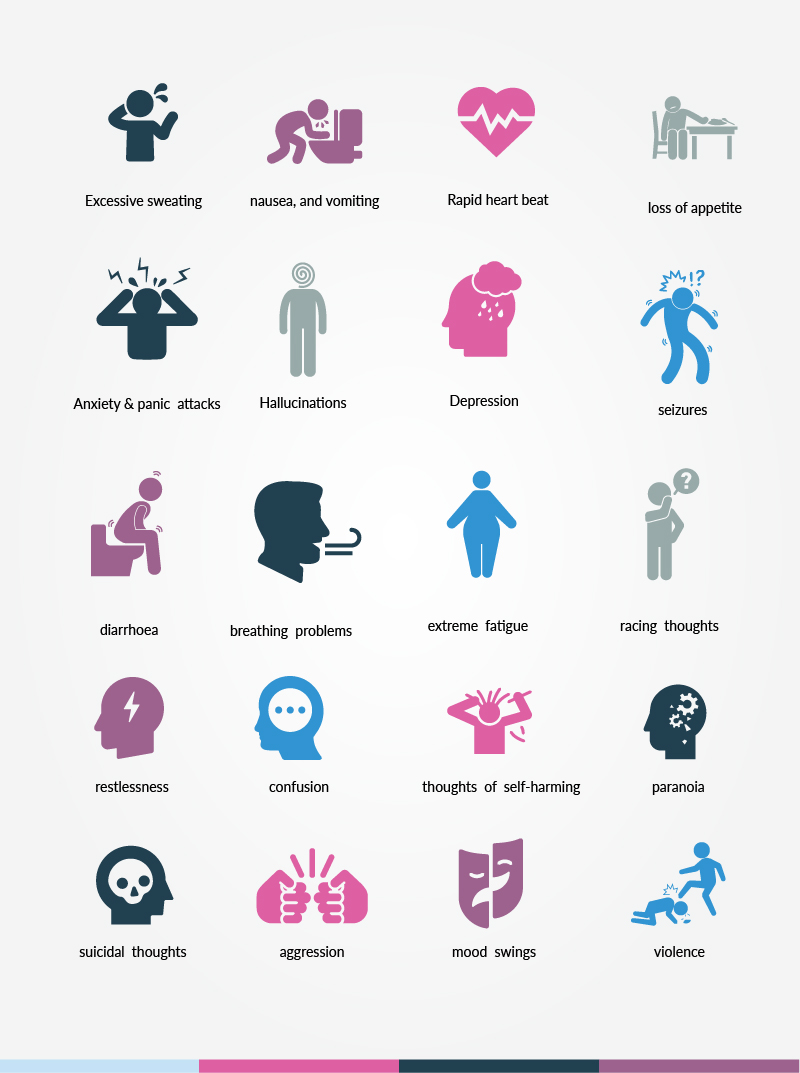
#BENZO WITHDRAWAL INSOMNIA HELP TRIAL#
13, 14 We have recently reported that the administration of melatonin enabled rapid discontinuation of benzodiazepine therapy in a 43-year-old woman who was "benzodiazepine addicted." 15 Our main objective in this placebo-controlled trial was to assess whether melatonin therapy could facilitate the discontinuation of benzodiazepine therapy in long-term users. 12 In younger populations of insomnia patients (mean age, 33.4 and 46 years, respectively) the effects of melatonin therapy on sleep were equivocal. Melatonin therapy has been found to significantly improve sleep quality in elderly insomniacs (>55 years) 8 - 11 and in elderly insomniacs who had been undergoing benzodiazepine therapy for a prolonged period. 6 Benzodiazepine therapy has been found to suppress the nocturnal rise in plasma melatonin and shift its day-night rhythmicity 7 this suppression may interfere with normal sleep-wake rhythmicity. Melatonin ( N-acetyl-5-methoxy-tryptamine), a hormone produced and secreted by the pineal gland into the blood circulation at night, plays a major role in the induction and regulation of sleep. 4 However, development of physical and/or psychological dependencies and rebound insomnia seem to interrupt most attempts at discontinuation. 3 At least 50% of those receiving benzodiazepines have been reported to be willing to stop its use. 2 However, some patients continue benzodiazepine therapy for prolonged periods and this, particularly in elderly people, may be associated with impaired functional status. 1 Nevertheless, the consensus guidelines for benzodiazepine therapy recommend prescription for the short-term therapy of insomnia, limited use for periods not exceeding 2 weeks, or intermittent courses. Treatment with benzodiazepines, the most commonly used drug in the treatment of insomnia, is considered safe. INSOMNIA IS a common complaint that is particularly troublesome in the elderly. The 6-month follow-up assessments revealed that of the 24 patients who discontinued benzodiazepine and received melatonin therapy, 19 maintained good sleep quality.Ĭonclusion Controlled-release melatonin may effectively facilitate discontinuation of benzodiazepine therapy while maintaining good sleep quality. Six additional subjects in the placebo group discontinued benzodiazepine therapy when given melatonin in period 2. Sleep-quality scores were significantly higher in the melatonin therapy group ( P =. Results By the end of period 1, 14 of 18 subjects who had received melatonin therapy, but only 4 of 16 in the placebo group, discontinued benzodiazepine therapy ( P =. All subjects were then allowed to continue melatonin therapy and follow-up reassessments were performed 6 months later. Benzodiazepine consumption and subjective sleep-quality scores were reported daily by all patients. In period 2, melatonin was administered (single-blinded) for 6 weeks to all subjects and attempts to discontinue benzodiazepine therapy were resumed. They were encouraged to reduce their benzodiazepine dosage 50% during week 2, 75% during weeks 3 and 4, and to discontinue benzodiazepine therapy completely during weeks 5 and 6. In period 1, patients received (double-blinded) melatonin (2 mg in a controlled-release formulation) or a placebo nightly for 6 weeks. Methods Thirty-four subjects receiving benzodiazepine therapy were enrolled in the 2-period study.

Objective To assess whether the administration of melatonin could facilitate the discontinuation of benzodiazepine therapy in patients with insomnia. Melatonin, a hormone that is produced at night by the pineal gland, promotes normal sleep in humans and augments sleep induction by benzodiazepine therapy. However, many patients, particularly older patients, have difficulties discontinuing therapy. Prolonged use of benzodiazepine therapy is not recommended. Shared Decision Making and Communicationīackground Benzodiazepines are the most frequently used drug for the treatment of insomnia.Scientific Discovery and the Future of Medicine.Health Care Economics, Insurance, Payment.Clinical Implications of Basic Neuroscience.Challenges in Clinical Electrocardiography.


 0 kommentar(er)
0 kommentar(er)
